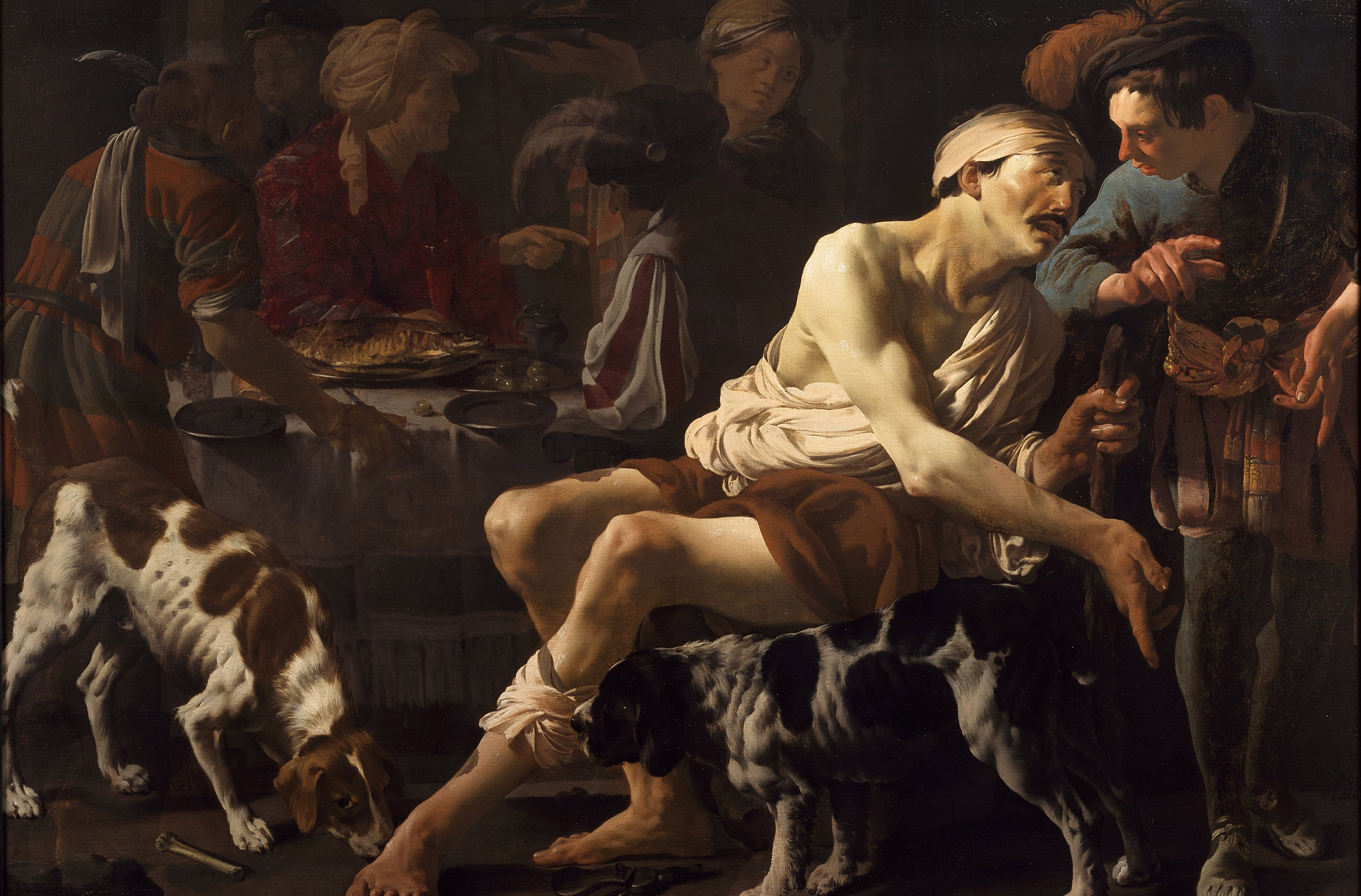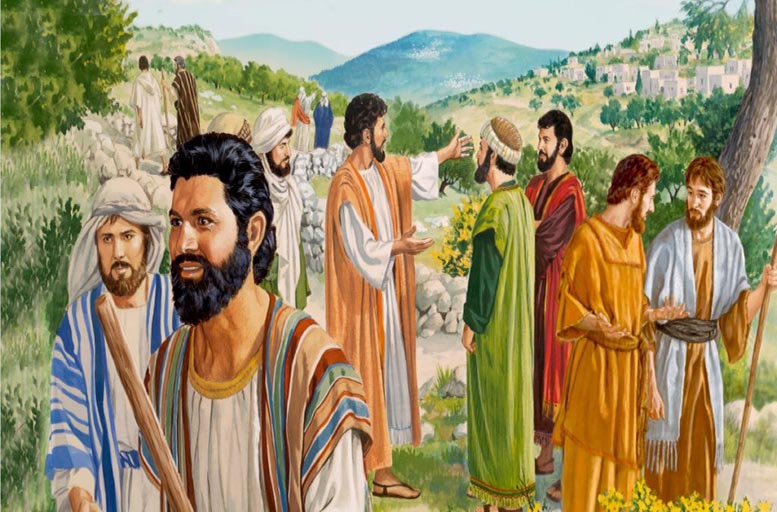Reflection
4th Sunday in Ordinary Time | Year C
Luke 4:21-30Jesus began to speak in the synagogue, ‘This text is being fulfilled today even as you listen.’ And he won the approval of all, and they were astonished by the gracious words that came from his lips.
They said, ‘This is Joseph’s son, surely?’ But he replied, ‘No doubt you will quote me the saying, “Physician, heal yourself” and tell me “We have heard all that happened in Capernaum, do the same here in your own countryside.”’ And he went on, ‘I tell you solemnly, no prophet is ever accepted in his own country.’
‘There were many widows in Israel, I can assure you, in Elijah’s day, when heaven remained shut for three years and six months and a great famine raged throughout the land, but Elijah was not sent to any of these: he was sent to a widow at Zarephath, a Sidonian town. And in the prophet Elisha’s time there were many lepers in Israel, but none of these was cured, except the Syrian, Naaman.’When they heard this everyone in the synagogue was enraged. They sprang to their feet and hustled him out of town; and they took him up to the brow of the hill their town was built on, intending to throw him down the cliff, but he slipped through the crowd and walked away.
ReflectionOne minute the crowd was approving, and astonished by the words of Jesus. Then some people began murmuring about him being the son of Joseph - in other words, just a villager like themselves – and the crowd turned on Jesus very quickly. He had stepped outside their image of him, and more than that, he invoked historical events to remind them that they had not been receptive of prophets in the past.
In a family, workplace or community, over time patterns of actions and relationships develop. People have roles and relate to others in certain ways. These patterns can help give the group stability and enable it to carry out its responsibilities.
The pattern of actions and relationships often depends upon people fulfilling what they and others perceive to be their roles. Sometimes people can become locked into roles by the expectations of others. Teenage children may expect their parents to do things they should really do for themselves, and keep their parents locked into doing them by teenage tantrums. In a workplace a person may temporarily help out by doing work outside their job description, and then find that they are always expected to absorb extra work. Grandparents may be expected to take on child-minding duties not out of necessity, but simply because others see it as their role.
People often have talents and skills which are latent during periods of their lives because of the pressure of family and work responsibilities. When they begin to use those talents and skills it may come as a surprise to those close to them, and create a disturbance in the relationship. There can be a tendency to put down someone who is revealing a new aspect of themselves, as the people did to Jesus.
Sometimes people can be locked into roles which are unhealthy - the class clown, the wayward child, the self-giving person burning with resentment. The group dynamics do not easily allow them to step out of these roles to create a new life. Intervention or support may be needed – or courage - to enable the person to create new and healthier behaviours and relationships.
Throughout his public ministry the actions of Jesus towards those who were typecast by their ethnicity, social class, gender, previous actions or the expectations of others show just how strongly he felt about the suppression of the potential of any human being.
Can we free ourselves of the expectations we have of others and allow them to grow and surprise us? Can we free ourselves of others’ expectations of us and do new and challenging things? Can we free ourselves of our own image of ourselves so that we can become the person God called us to be?
The List of Contributions Received by Caritas Vietnam
1. The list of 2024 contributions to the Caritas Vietnam general charity fund
2. The list of 2023 contributions to the Caritas Vietnam general charity fund
Latest project information
Copyright © 2018 by COMMISSION on CHARITY and SOCIAL ACTIONS - CARITAS VIETNAM
Total visits: 24,878,110
















